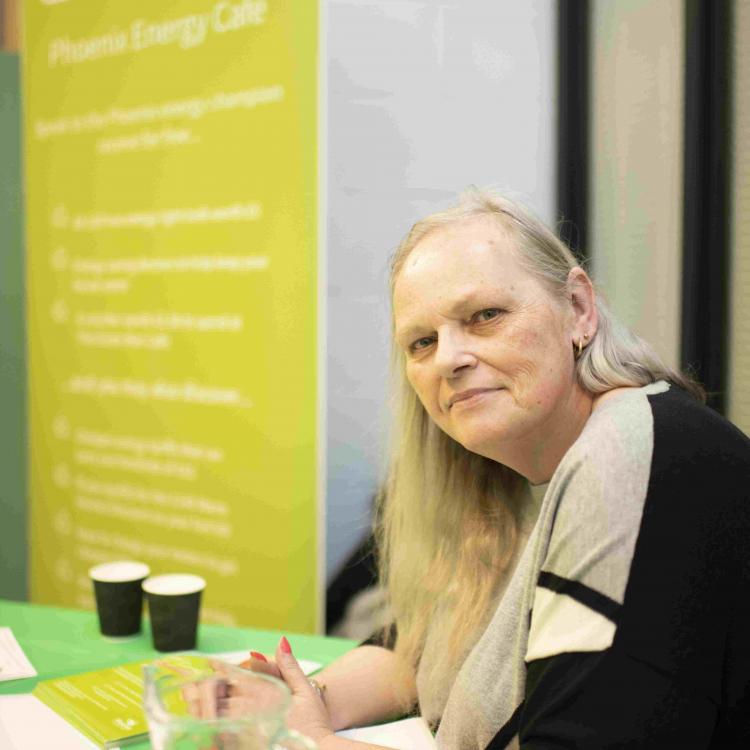Why you should read your gas meter: energy saving quick wins!
Sharon is a Phoenix leaseholder and has been providing energy advice remotely during the pandemic. Sharon explians why you should always read your gas meter and gives helpful tips to cut down your energy usage.
The reading you give to your supplier is of interest to you too. If you do not read your meter, how would you know if you have been overcharged or not? You cannot challenge what you don’t know!
There must be millions of pounds sitting in suppliers bank accounts, where people have just been paying what they have been asked for. This could be on an estimated bill, or if they have a direct debit in place that they haven’t looked at for a while.
By giving regular meter readings to your supplier, you will also be able to see if you have reduced your usage. This will also ensure you are only paying for what you have used, it is better for that money to be in your pocket, than someone else’s.
To cut down on gas usage, you can experiment with what works for you. It may be something as simple as turning the thermostat down on your hot water a degree or two, or cooking in bulk and freezing so you cook less often, meaning you use less gas.
In most homes the biggest use of gas is on heating, so if we can keep the warmth in our homes instead of having to keep heating them, we will save money.
Easy ways to keep warmth in include:
- Following the sun with opening and closing curtains: open curtains the side the sun is shining and close curtains when the sun moves
- Putting a shelf above your radiators- heat is lazy, it wants to rise as quickly as possible. By putting a shelf above your radiator, it forces the heat to come into the room more before it can rise upwards. It is a well-known fact that it is warmer nearer the ceiling than the floor.
- Do not put furniture in front of your radiators. The furniture will absorb the warmth, instead of you getting the benefit of it.
It is important to keep your home heated to a reasonable standard, everyone is different, so if you have a young household, you only probably need to be at about 18/19 degrees. Whereas, if you have an older or less mobile household you will need to be about 19/20 degrees to be comfortable.
By turning the heating down about an hour before going to bed at 1 degree lower than you would normally have it, you can save about £65.00 a year.
Like most things in life, don’t try and do everything at once. Try one idea, until you are comfortable with it, then try adding another idea until you are comfortable and in a routine.
Happy savings!







